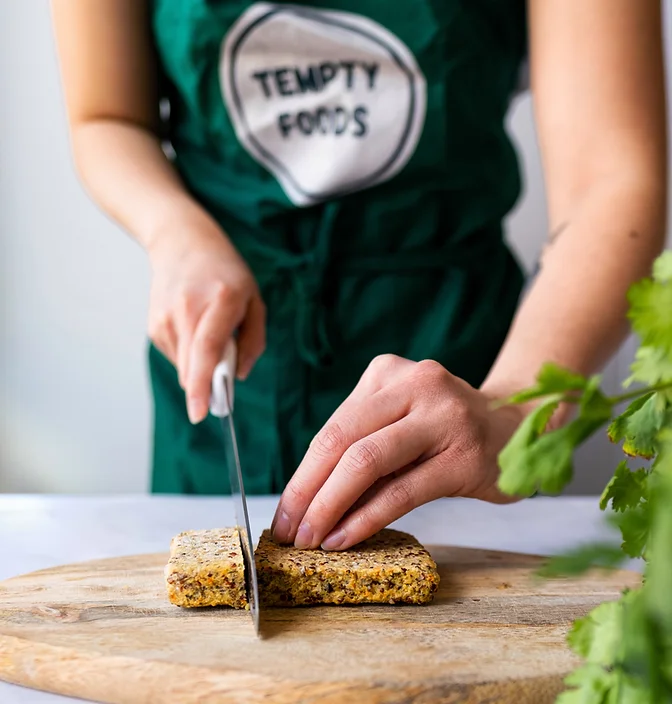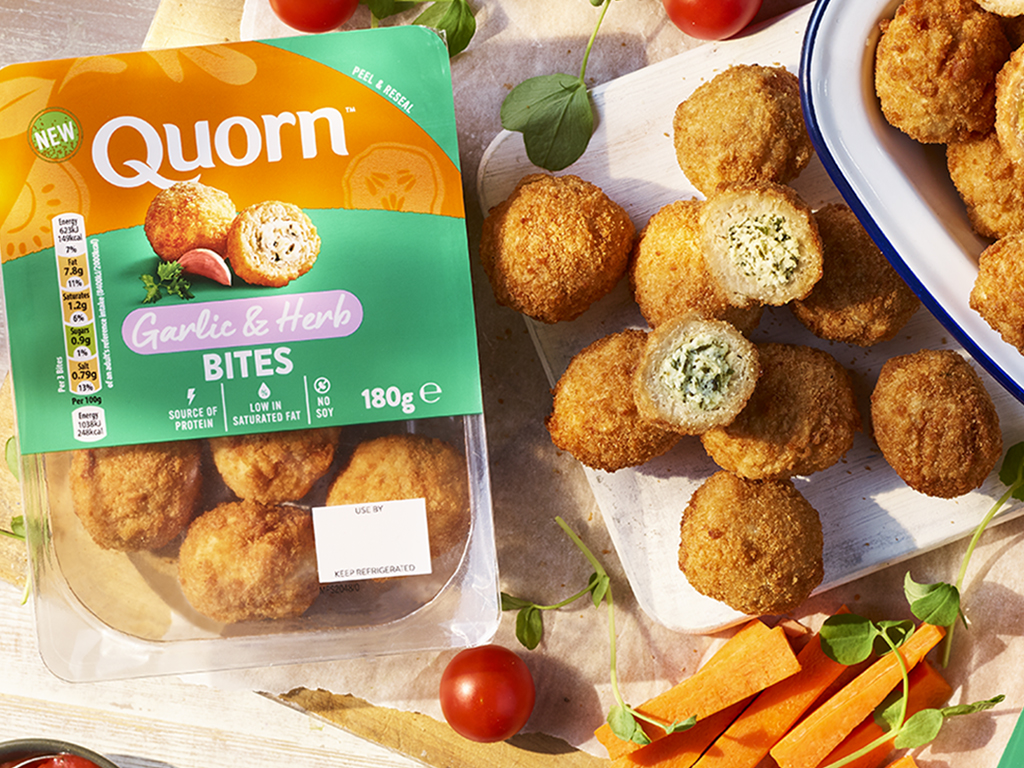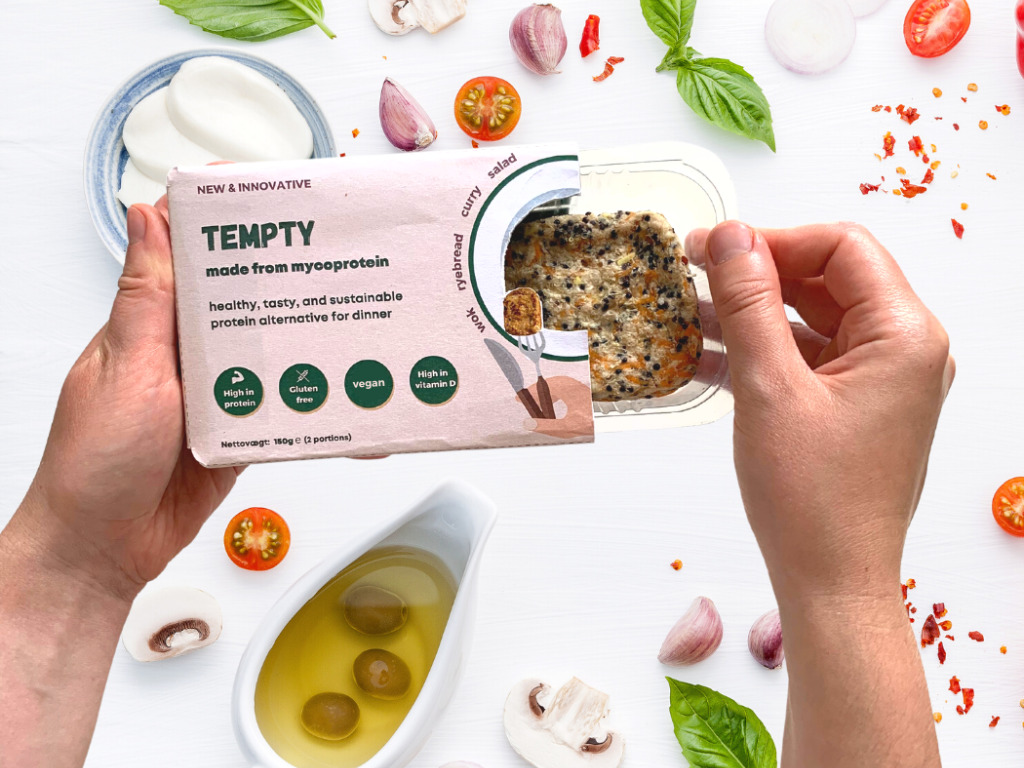Denmark’s Tempty Foods Taps Quorn’s Mycoprotein Source to Expand Its Vegan Meat Offerings
3 Mins Read
Marlow Ingredients, the UK-based parent to vegan meat brand Quorn, has collaborated with Danish food start-up Tempty Foods to introduce a range of meat alternatives.
Like the popular Quorn product range, the new Marlow partnership with Tempty is based on developing products with mycoprotein, a fungus-derived “super protein” that’s more sustainable than conventional protein sources. Marlow uses the fusarium venenatum fungus as its protein source.
Marlow Ingredients operates the largest facility of its kind globally, with an annual production capacity exceeding 67,000 tons of mycoprotein. This, the company says, is critical in shifting dietary habits away from animal protein.
‘An urgent need’
“There is an urgent need for humanity to change how we eat to make the world more sustainable,” Tom Lindley, Head of Strategy and Marketing at Marlow Ingredients, told Food Ingredients First in a recent interview.

Lindley says that by making its mycoprotein available to other companies like Tempty Foods, Marlow Ingredients will play a “pivotal role” in tackling climate change with foods that taste good while reducing their environmental footprint.
“Introducing Marlow mycoprotein into our products will give us a sustainable and competitive edge. It will also empower us to continue creating next-generation alternatives that focus on the key values of taste and nutrition rather than imitating meat,” said Martina Lokajova, CEO and co-founder of Tempty Foods.
Environmental and health benefits of mycoprotein
According to Lindley, research suggests that mycoprotein’s cell structure makes it an excellent nutrition source, particularly beneficial for metabolic health. Mycoprotein is also a complete protein, meaning it contains all nine essential amino acids.

Sourced from soil, the Marlow fungus is fermented with nutrients made from corn, wheat, and essential minerals. The health benefits of the Marlow mycroprotein are noteworthy; it contains significantly less saturated fat compared to animal protein and scientific studies have also highlighted the benefits of mycoprotein, such as its ability to promote muscle growth and reduce the risk of certain types of cancer.
“Products made with Marlow mycoprotein can contain much less saturated fat than animal protein products,” Lindley said. “For example, a Quorn burger made with Marlow mycoprotein has 0.5 g of saturated fat versus 10.7 g of saturated fat in an average beef burger.”
Marlow’s mycoprotein also outperforms traditional meat in terms of sustainability, emitting 95 percent less CO2 than conventional beef — a carbon footprint that’s 40 times lower than beef and six times lower than chicken. It also has a 30 times lower water footprint than beef and six times lower than chicken. Marlow Ingredients’ commitment to sustainability is further supported by Carbon Trust’s certification of the carbon footprint of Marlow mycoprotein since 2012, making it the first meat-free protein source to receive third-party accreditation.



